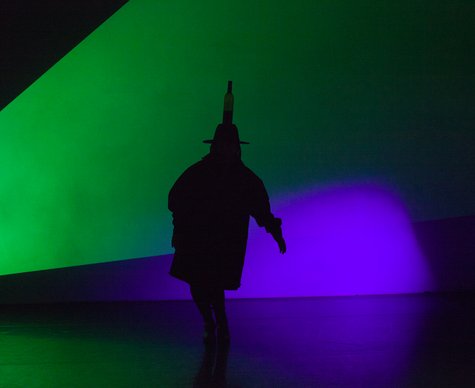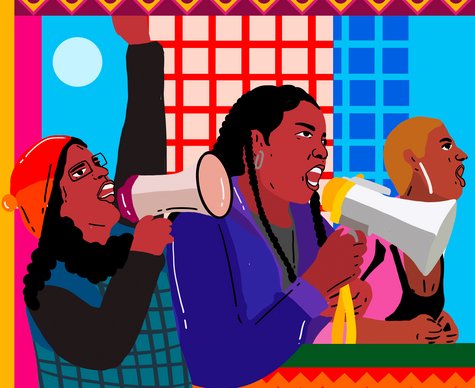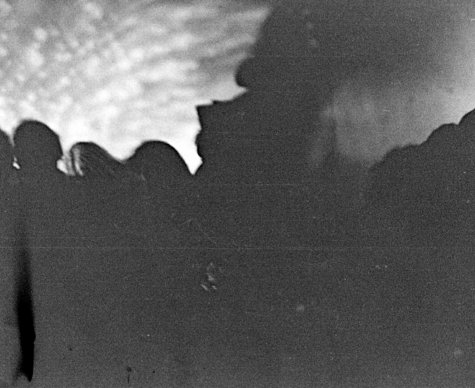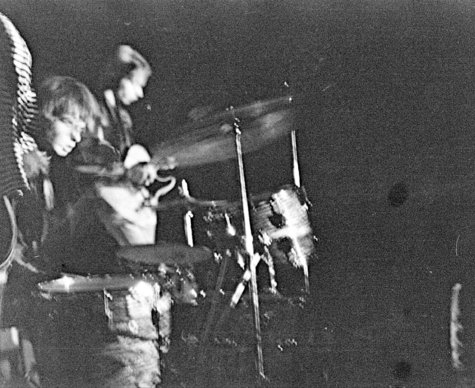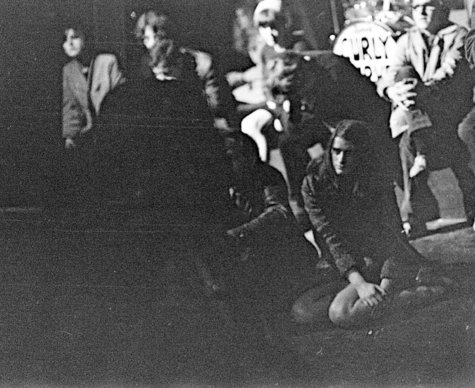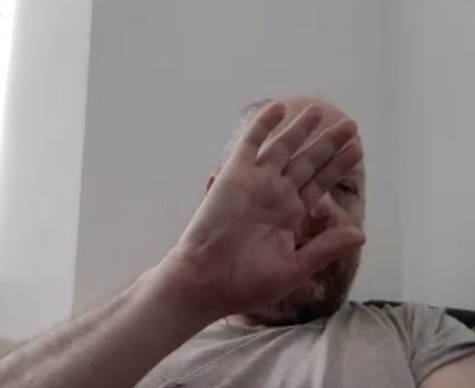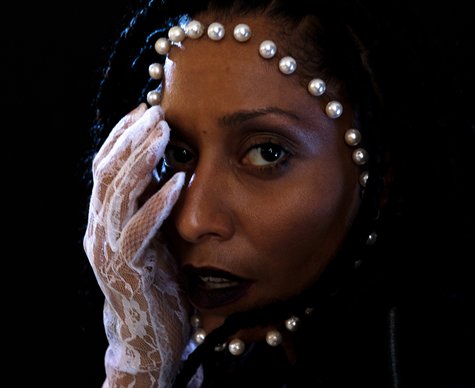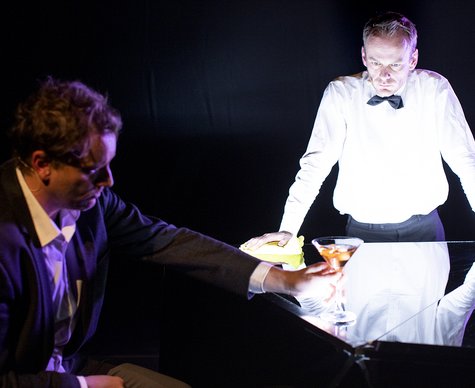Afro-Sonic Modernity: The Souls of Black Folk
- Dialogue
- Music
Already in his most famous work, “The Souls of Black Folk” (1903), W.E.B. Du Bois refers above all to the significance of music, which he understands as a specific form of communication among Blacks. While the term Afrofuturism and its exploration are relatively new techno-philosophical phenomena, the long legacy of Afrofuturist music production can be traced back to the works of the jazz musician Sun Ra in the 1950s. This creative and experimental form of music production took hold in the 1970s with the disco-funk of George Clinton’s “Parliament-Funkadelic” and continued in the 1980s with raps by the “Ultramagnetic MCs”. Today there are numerous examples of Afrofuturism in the world of hip hop, where artists like Kendrick Lamar and Kool Keith – former members of the “Ultramagnetic MCs” – nourish a claim to Afro-sonic identities.
In his keynote, Alexander Weheliye will present the potential of Black music, whose images, ideas and icons are of enormous political significance. How Black music was “filtered” and ultimately appropriated, for instance in the films of the German post-war period, but Black German MCs nonetheless managed to (re-)construct an individual relationship between music technology and their black German identity in the 1980s and ‘90s, will be clarified by Natasha A. Kelly in conversation with Alexander Weheliye, Frederik “Torch” Hahn, founding member of the hip hop group Advanced Chemistry and Prof. Priscilla Layne, Associate Professor of German and African, African American und Diaspora Studies at the Unversity of North Carolina, USA.
The highlight of the evening will be the Berlin Beatjazzer Onyx Ashanti with his improvisatory explorations in sound, which find expression as projected visuals, luminous colour sequencing, robot parameter feedback and CAD design.
Alexander Ghedi Weheliye is Professor of African American Studies at Northwestern University, USA, where he teaches black literature and culture, critical theory, social technologies and popular culture. He is the author of “Phonographies: Grooves in Sonic Afro-Modernity” (2005) and “Habeas Viscus: Racializing Assemblages, Biopolitics, und Black Feminist Theories of the Human” (2014).
Frederik “Torch” Hahn is a German-Haitian musician. At the beginning of the 1980s he joined hip hop culture and became one of the first protagonists of the burgeoning scene in Germany. In 1985 Afrika Bambaataa named him Overlord of Sound & Culture and King of the First German Chapter of the Zulu Nation. After some years as a dancer and graffiti artist, he founded the Heidelberg music group Advanced Chemistry in 1987 with his friends, the hip hop artists Toni L, Linguist, Gee-One and GJ Mike MD. The group’s main themes were socio-political and marked by a critique of society. In 2010 he founded the internet relief organisation Marasa.org for the earthquake in Haiti. In 2011 he made numerous original exhibits from his career available to the city of Heidelberg, which founded a hip hop archive. Today he works as the DJ Haitian Star, publishing mix tapes featuring breakbeats, Italo disco, soul, funk, and kompa, a music style from his second home, Haiti.
Priscilla Layne comes from Chicago, USA and is Associate Professor for German and Adjunct Associate Professor for African, African American and Diaspora Studies at the University of North Carolina, USA. She got her doctorate from the University of California in Berkeley. Her research and teaching relies on post-colonial studies, gender studies, and critical race theory to thematise the representation of being black in literature and film and the concept of difference in science fiction/fantasy. She is the author of “White Rebels in Black: German Appropriation of African American Culture”. Her current book project is concerned with Afro-German Afrofuturism.
From 22:00 / WAU: After-Party with DJ Haitian Star
Dates
Credits
A project by Natasha A. Kelly in collaboration with HAU Hebbel am Ufer. Funded by: Bundeszentrale für politische Bildung, the Hutchins Center for African & African American Research at Harvard University.
Location
HAU1
Stresemannstr. 29, 10963 BerlinThere are two marked parking spots in front of the building. Access to the Parkett by means of a separate entrance with lift when necessary. Barrier-free restroom facilities are available. Tickets for wheelchair users and accompanying persons can be booked via the ticketing system. If you need any help, please contact our Ticketing & Service team at +49 (0)30 259004-27 or send us an email at
tickets@hebbel-am-ufer.de.

























